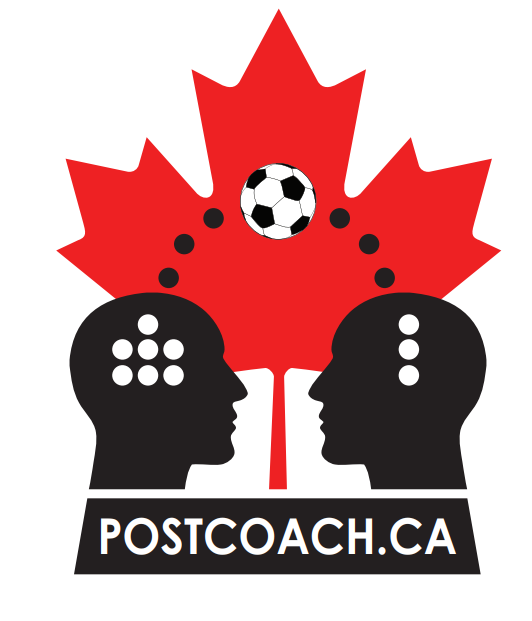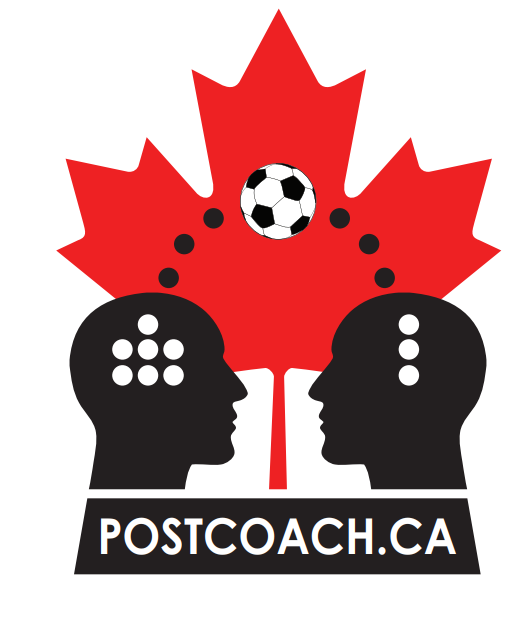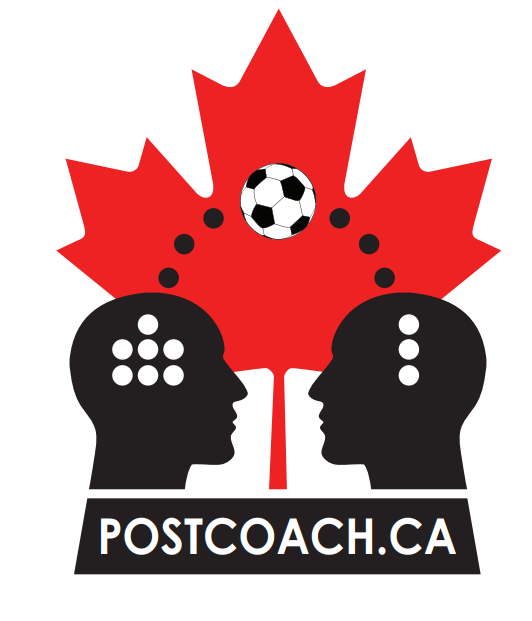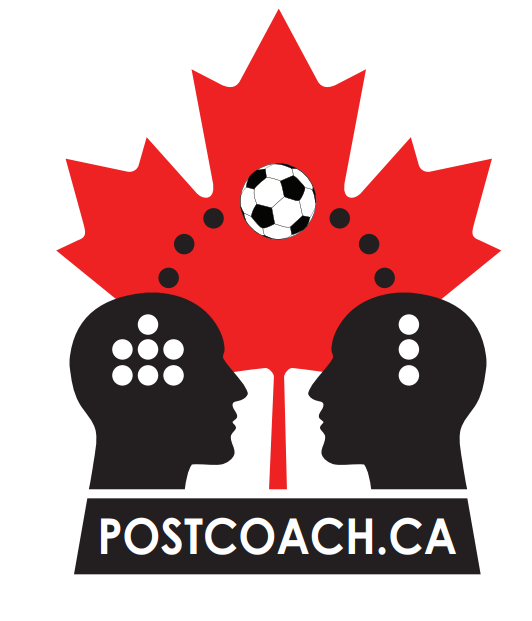Should Coaches Use the Ball In Fitness Training? | These Training Methods Best Improve Performance
Courtesy of Richard Bucciarelli and Soccer Fitness Inc. July 19, 2020

Richard Bucciarelli
Richard Bucciarelli, MS, B.Kin., R.Kin, CSCS, CSEP-CEP, USSF “A,” is a professional fitness coach, sports scientist and coach educator, and the owner of Soccer Fitness Inc., a soccer-specific strength and conditioning company in Toronto. Richard was an assistant coach previously with the York University men when they won the U-Sport National Championship in 2010, and has been part of the Ridgebacks women’s soccer team since its inception in 2012. He has continued to work with the team up to and including their third place finish at the OUA Final Four and subsequent qualification for the 2014 U SPORTS National Championship tournament. He returned to Ontario Tech in 2019 to take on a role as assistant coach and fitness coach with the men’s and women’s teams.
Richard has worked at some of the highest levels of the game both in Canada and internationally including: the Canadian national women’s teams, Toronto FC Academy, the Uruguayan Segunda (second division) with Canadian SC Uruguay, the United Soccer League (USL) with Ottawa Fury FC and several Canadian college and university teams.
Richard is presently completing his PhD in human health and nutritional sciences with a specialty in biomechanics of speed and acceleration training in soccer players, at the University of Guelph (expected 2020). He has presented his research at some of the world’s largest and most prestigious soccer-specific sports science and coaching conferences, including the World Congress on Science and Football, the World Conference on Science and Soccer, the National Soccer Coaching Convention, the Ontario Soccer Summit and the Futsal Canada Conference.
Richard holds certifications as a FIFA 11+ instructor, Sport for Life movement preparation instructor and Ontario Soccer learning facilitator. He works as a professor of exercise science and physiology at George Brown College in Toronto, provides coaching education for Ontario Soccer, Canada Soccer and the National Soccer Coaches Association of Canada and has had over 50 of his articles published in research journals, books and soccer magazines.
Is playing soccer the best way to improve fitness for soccer?
Or, is it better to use non-soccer-specific fitness exercises in a player’s training routine?
A great debate among soccer coaches and strength and conditioning coaches has been raging for decades!
There are soccer coaches who believe that playing soccer is the only way to improve and maximize fitness for soccer. They also think that other fitness training – including running exercises, strength exercises in the gym, or other non-specific fitness training, don’t work. The other side of the argument states that there are strength and conditioning coaches who use almost exclusively non-specific – and non-soccer – exercises to build fitness in their players. What fitness training methods best improve an athlete’s performance?
This video discusses the advantages and disadvantages of both methods.
Richard teaches a Soccer Fitness Trainer’s Course – https://coursecraft.net/courses/z9Rvs…
STUDIES CITED
1. High-intensity small-sided soccer games can produce equal or even greater results in soccer players’ endurance, as traditional non-soccer-specific running training: Eniseler et al. (2017) – https://pubmed.ncbi.nlm.nih.gov/29339…
2. Soccer players will benefit more from traditional running-based speed training than by playing small-sided soccer games to improve running speed. Haugen et al. (2013) – https://www.researchgate.net/publicat…



